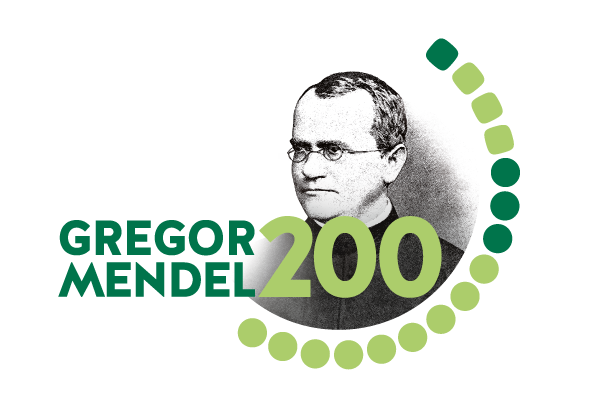HIS LIFE
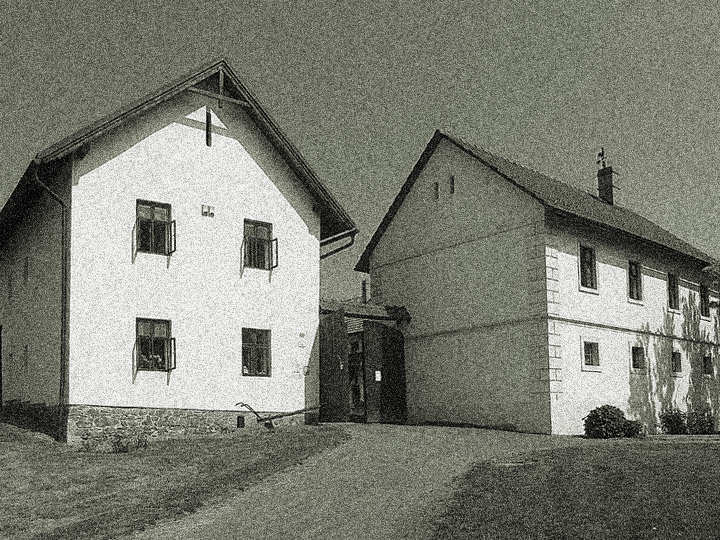
Birth
Born in Heinzendorf near Odrau
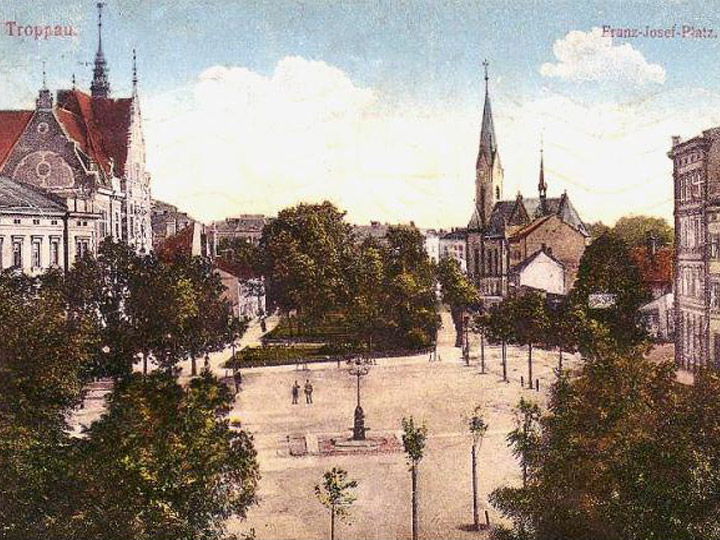
School
Grammar school in Troppau

Father injured
His father had a bad injury during work in the woods, thus his parents could no longer support him.
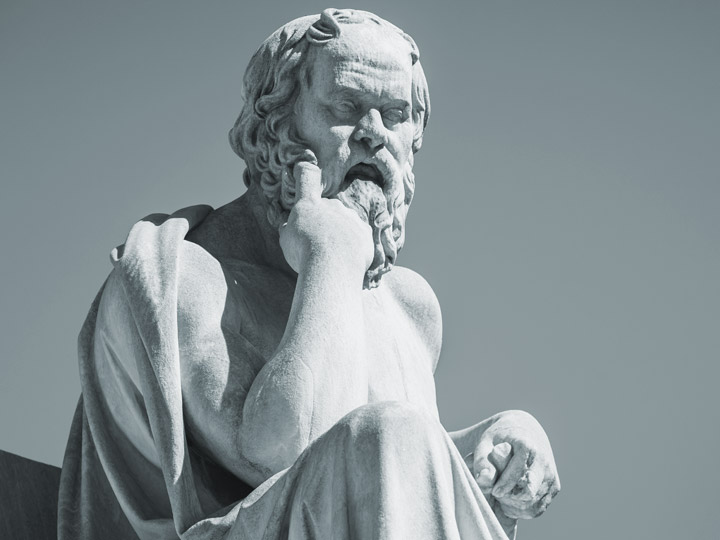
University
He finished secondary school with top grades and started his study of philosophy at University Olomouc.

Drop out
He dropped out of the university due to "bitter food worries" and became postulate at St. Thomas Abbey in Old Brno.

Further studies
Study of theology, economy, cultivation of fruit trees and viticulture.
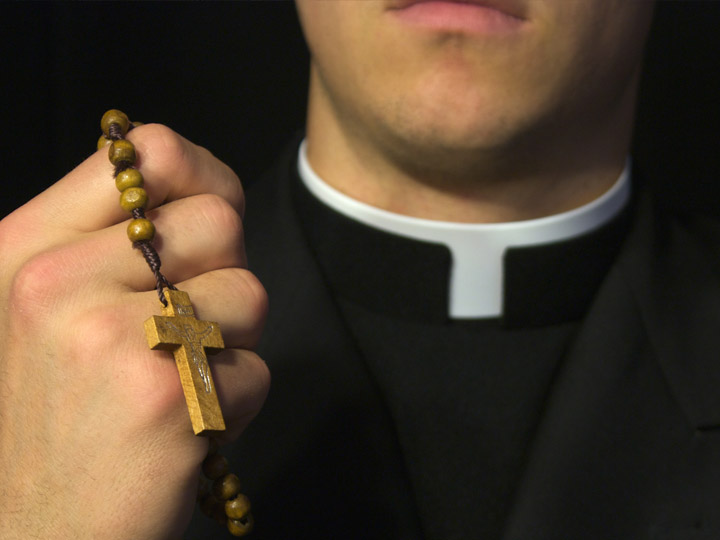
Priesthood
Ordination to the Priesthood

Supply Teacher
Supply Teacher at the K.K. Secondary School in Znaim for mathematics and greek.

Vienna
Teaching Post Study Qualifying Examination in Vienna for nature history and physics. He did not pass despite being correct for the most part, as discovered later.
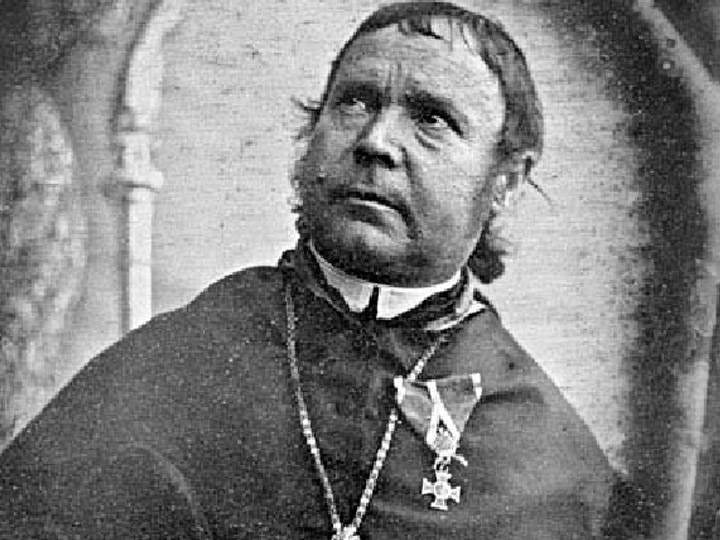
Vienna
The study was made possible thanks to abbot Cyrill Napp

Findings
Mendel first sent his findings to colleagues and former teachers.
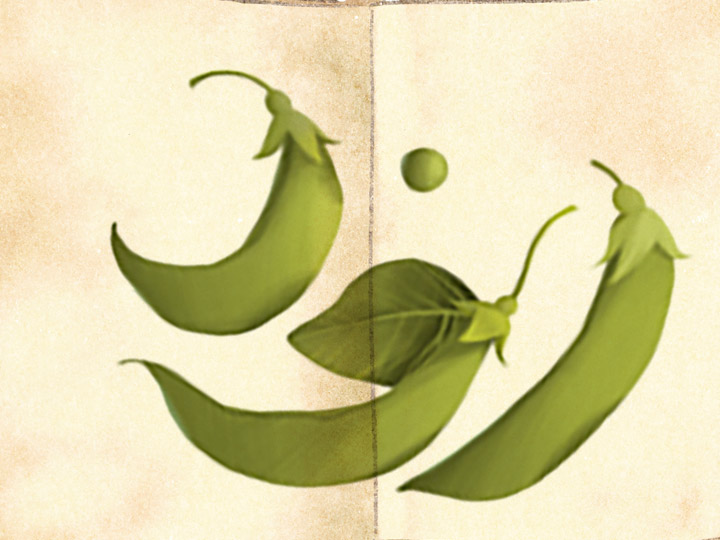
Publication
He published his findings officially, but was largely ignored. Still motivated, he said "My time will come!"
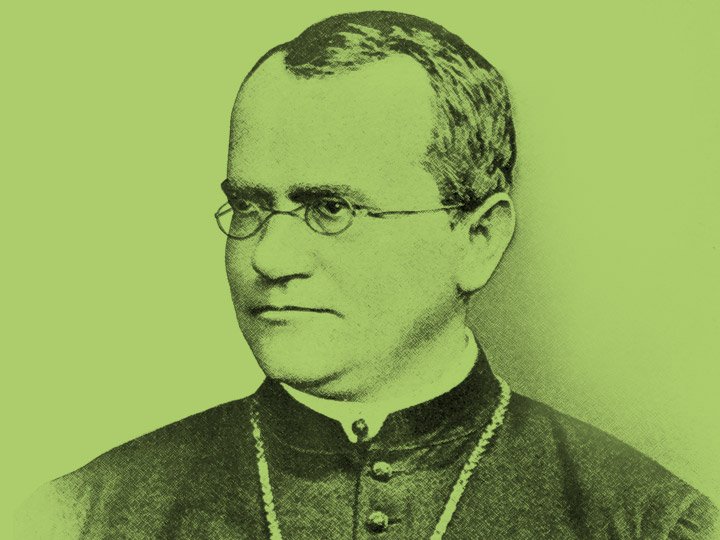
Abbot
Election to Abbot with 11 of 12 votes and and audience with Emperor Franz Joseph I.
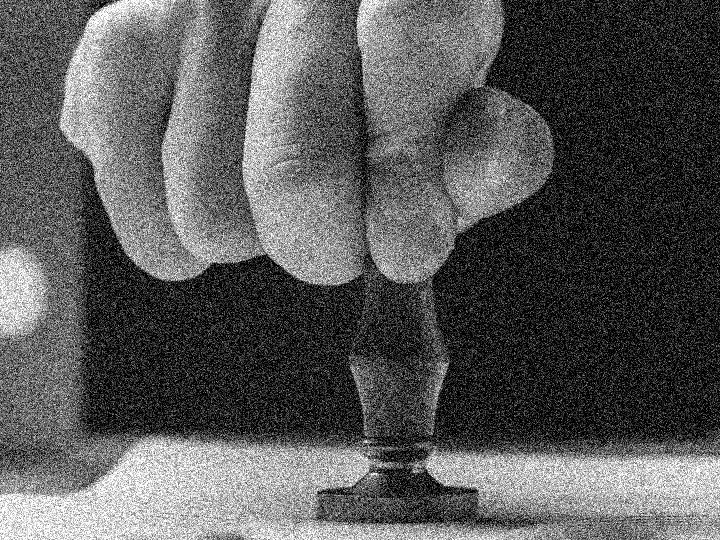
Club Activities
Vice President of the nature research association Brno
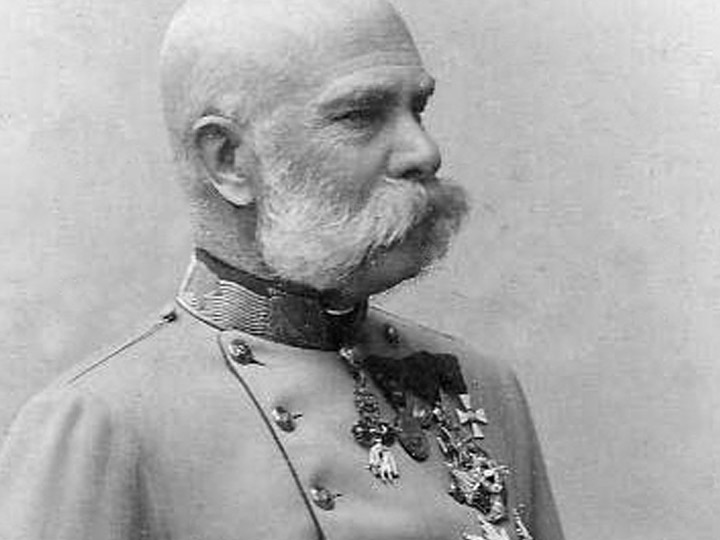
Medal of the Empire
He received the Medal of Emperor Franz Joseph I for his devotion.
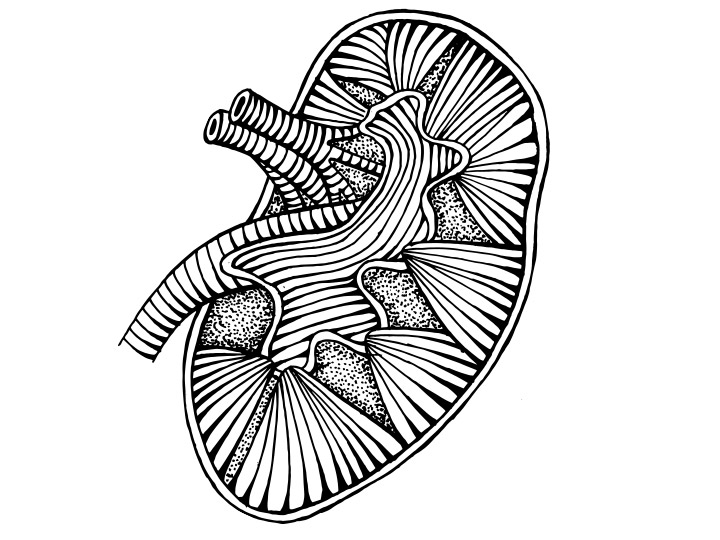
Kidney Ailment
Early in 1883 Mendel starts to suffer from a kidney ailment.
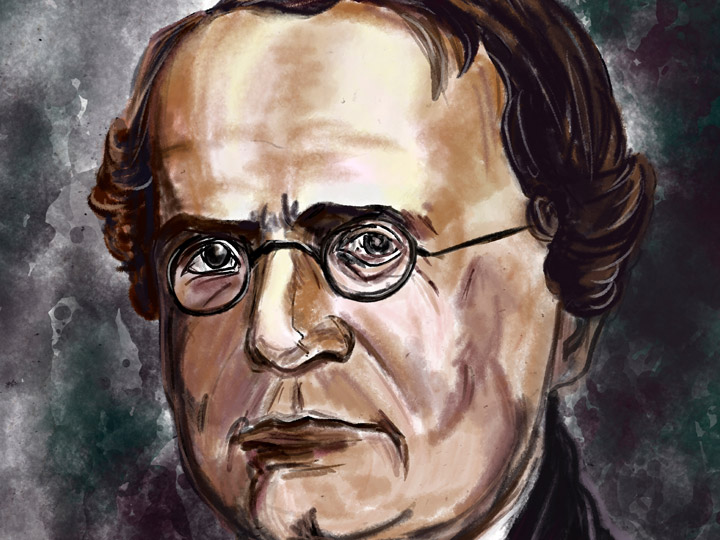
Death
Died in Brno and was entombed on 9th at the Brno Central Cemetery.
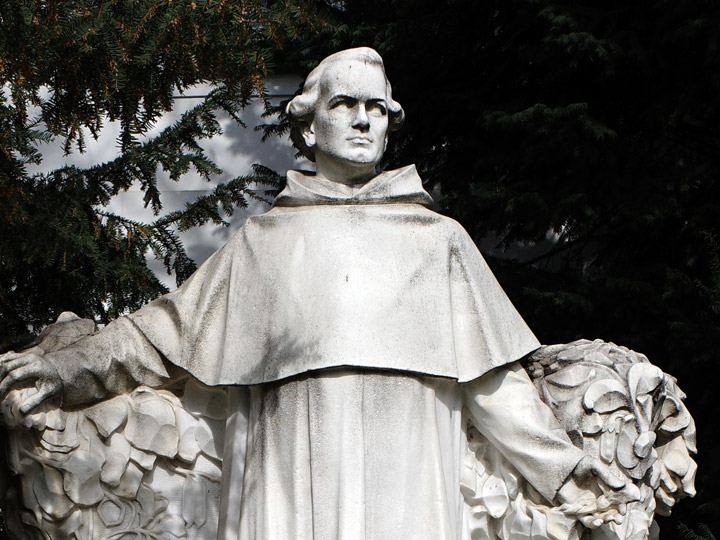
Rediscovery
His findings were rediscovered by several researchers across europe.
CHILDHOOD AND EDUCATION
Gregor Johann Mendel (Czech:Řehoř Jan Mendel) was born on 20 July 1822, in Heinzendorf near Odrau (Hynčice) in what was then Austrian Silesia. There he grew up together with two sisters on his parents’ farm. Even as a child he showed interest in plant genetics by helping his father graft fruit trees in his own garden.
After the village school, the excellent pupil attended the grammar school in Troppau (Opava). Poverty could have ended Gregor’s education early. However, a generous and very far-sighted gesture by a 12-year-old opened the way to a sound education for him. Mendel’s sister Theresia gave up a large part of her family inheritance to help him become an educated man. He did not have to drop out of school and was later even able to study at the University of Vienna.
The siblings remained closely connected throughout their lives. Gregor Mendel also had a close relationship with his nephews, whose education and careers he helped shape.While still at school, he worked as a private teacher in order to afford attending the grammar school. He graduated in 1840 as one of the best.
He then studied philosophy at the University of Olomouc. Due to a lack of money – “bitter food worries”, as he himself wrote – he was unable to complete his studies despite very good grades. However, this setback was short-lived. Monastic life gave Mendel a new chance to return to his studies.
THE MONK GREGORIUS
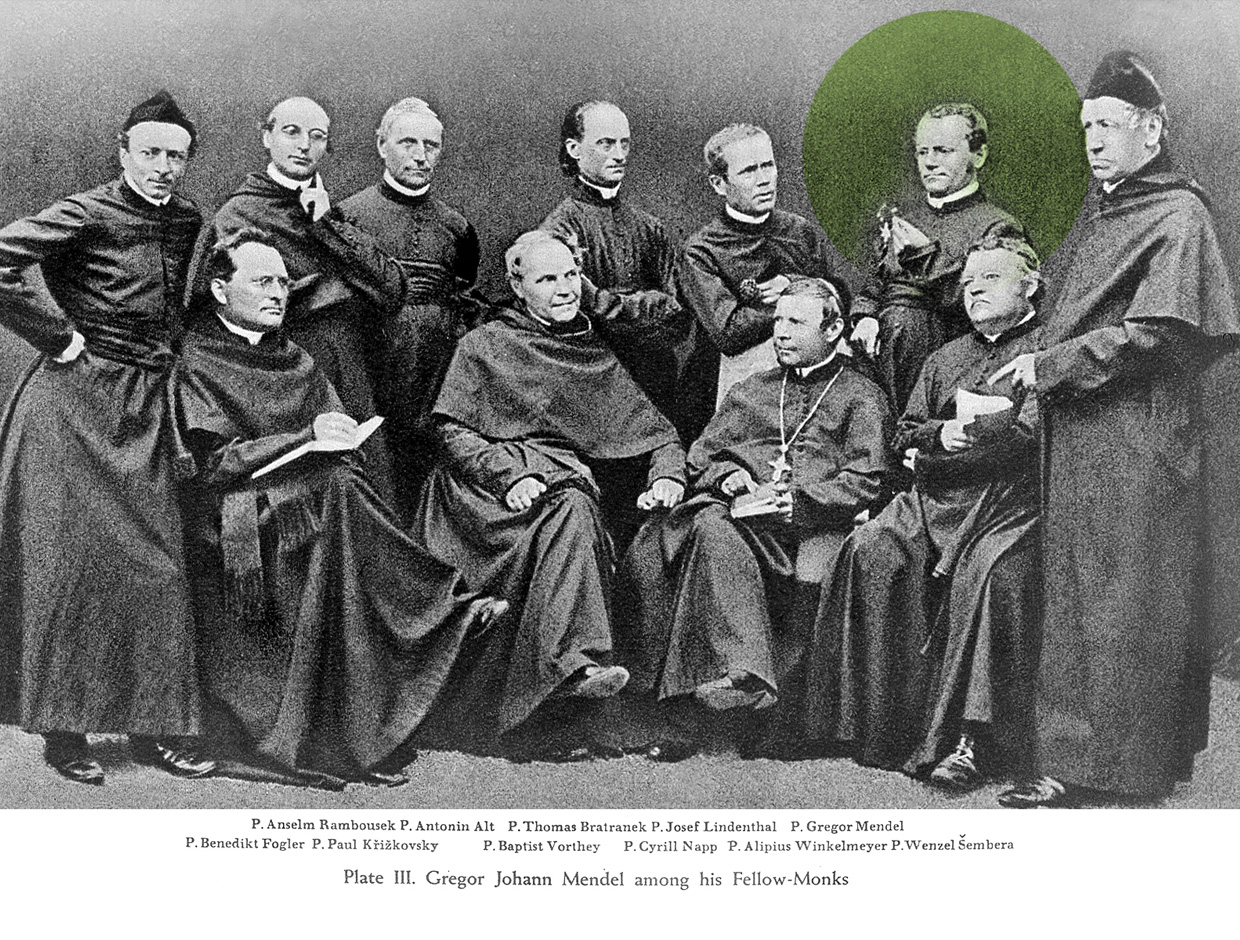
On the recommendation of his physics teacher, Mendel entered the Augustinian monastery in Brno in 1843. There he was given the religious name Gregorius.
In 1845 Mendel began to study theology in Brno and was ordained a priest in 1847. In addition, during his theological studies he attended lectures on the cultivation of fruit trees and viticulture. There he acquired his first knowledge about crossing plants and the foundation stone for his later research work was laid. His superiors noticed his interest in science and offered him a job as a substitute teacher at a grammar school, where he worked for a total of 14 years.
IN VIENNA
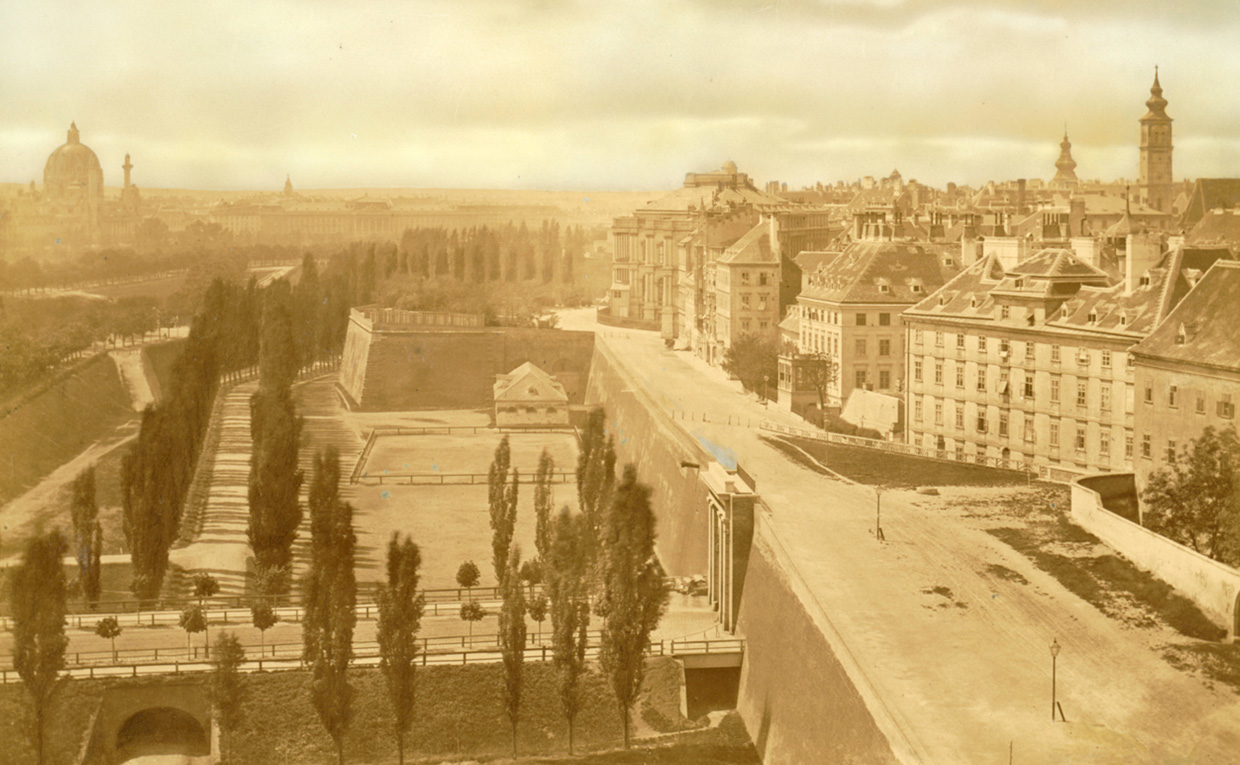
Vienna, City Defense: Stubentor and Stubentorbastei 1857 | © Museum Vienna
As Mendel wanted to become a teacher of physics and natural history, he entered the University of Vienna in 1850 for the teaching examination. He was unsuccessful though, as he was self-taught in these subjects.
Therefore he began to study physics, chemistry, mathematics and some biology subjects in Vienna from 1851 to 1853. He learned the quantitative evaluation of experiments from the famous physicist Christian Doppler. He later applied this knowledge to his extensive crossing experiments.
HIS EXPERIMENTS WITH PEAS
A second attempt to take the teaching examination in Vienna in 1856 also failed. After that, Mendel devoted himself for eight years to systematic research into heredity in peas. The experimental laboratory of his now world-famous crossing experiments was the garden of the monastery in Brno, where some of the descendants of Mendel’s pea plants still grow today.
More on his experiments at Mendel’s work.

The research results were then published in 1866. However, these did not generate a significant response from the scientific world. Some attribute this to the misleading title of the publication, which did not show any reference to heredity: “Experiments on Plant Hybrids.” Moreover, it was not until decades later that the value of quantitative-statistical analyses was recognized in botany. His abstract terminology – AA, Aa, aA, aa – was also met with incomprehension in his time. He himself said at the time:
My time will come.
His now famous study “Experiments on Plant Hybrids” (about 40 pages long), which he presented to about 60 listeners in a lecture in Brno in 1865, met with incomprehension. Although local newspapers also reported on it, apparently no one recognized the significance of his work. After its publication in 1866, the study fell into oblivion. It was not until 1900 that Mendel’s work was rediscovered, almost simultaneously and independently by three researchers, Hugo de Vries, Carl Correns and Erich Tschermak. This triumph of recognition was not granted to Mendel: he died already in 1884.
In 1909, the term “gene” was introduced for Mendel’s “traits”. 100 years after Mendel’s death, the chemical nature of the gene, DNA, was proven. Today, Gregor Mendel is considered the “Father of Genetics”.
AS ABBOT
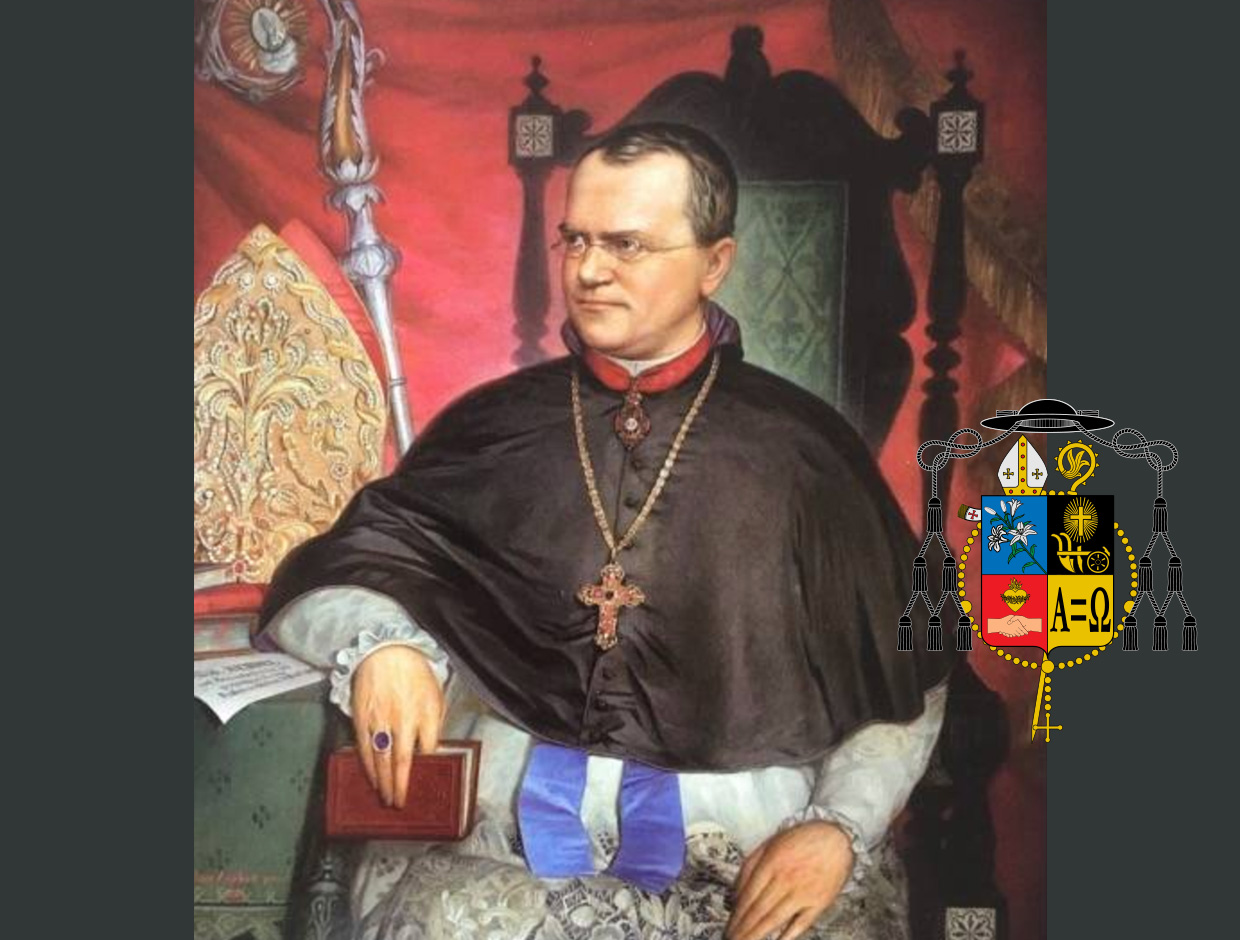
Painting of Mendel as abbot, Abbot’s seal
In 1867 Gregor Mendel was elected abbot of the monastery of St. Thomas in Brno. His love of research continued: Immediately after the election he announced that he would “continue his bastardization experiments which had become so dear to him.” He was also active in the Meteorological Society, which he co-founded, and became vice-president of the Natural Research Society of Brno in 1869.
1870, Emperor Franz Joseph awarded him the Commander’s Cross of the Order of Saint Francis Joseph. In the same year he began to breed bees from a scientific point of view.
In the spring of 1883, Mendel fell ill with a kidney disease and died in Brno on 6 January 1884. His body was dissected – as he had requested. Mendel was buried in the Augustinian crypt at the Brno Central Cemetery.
